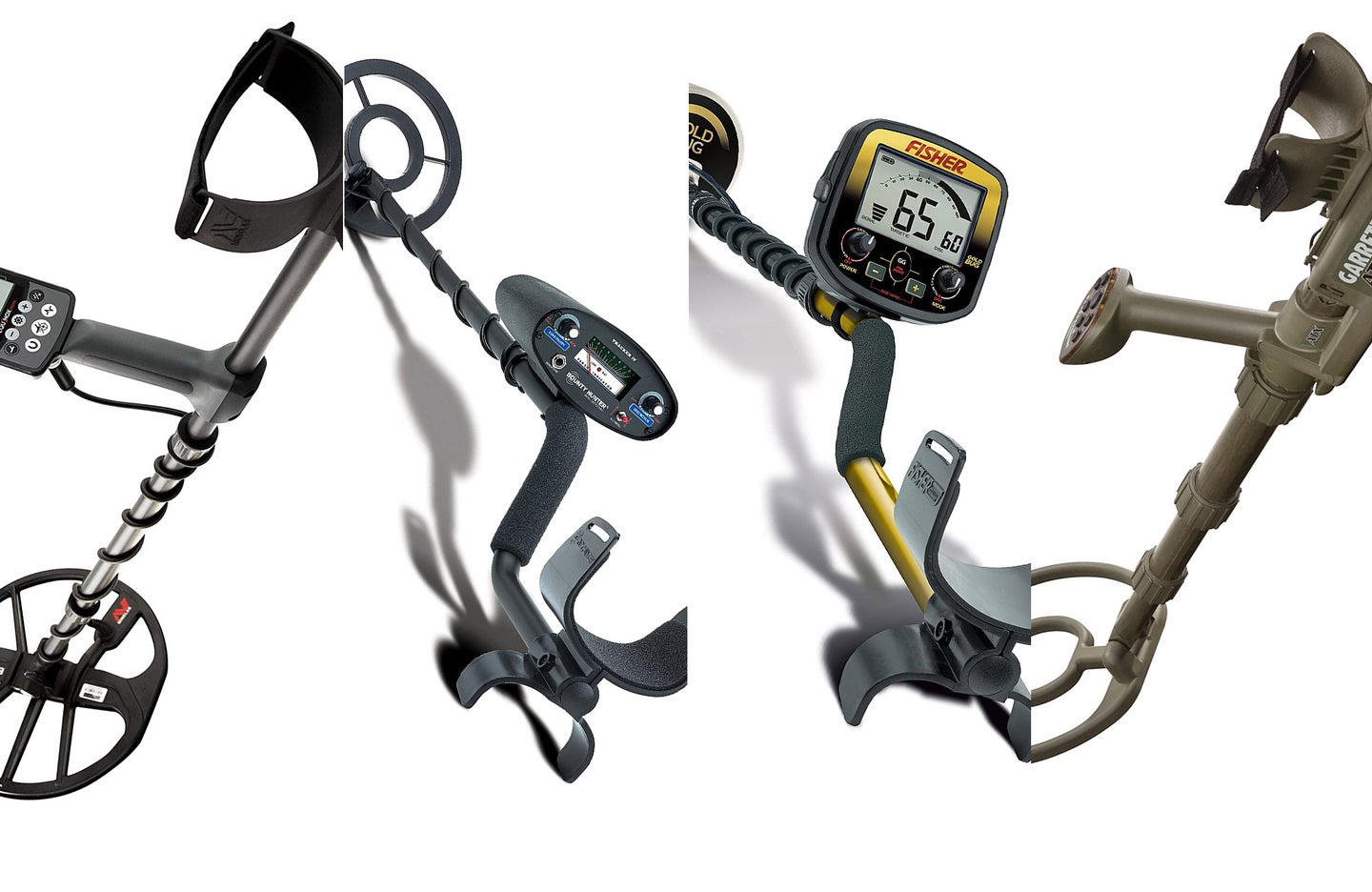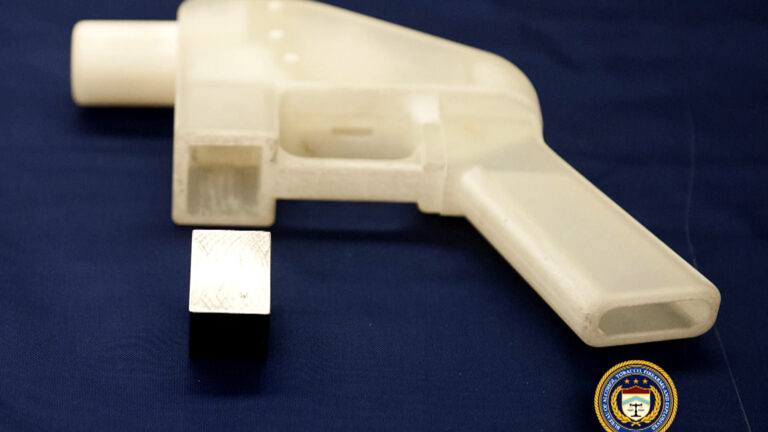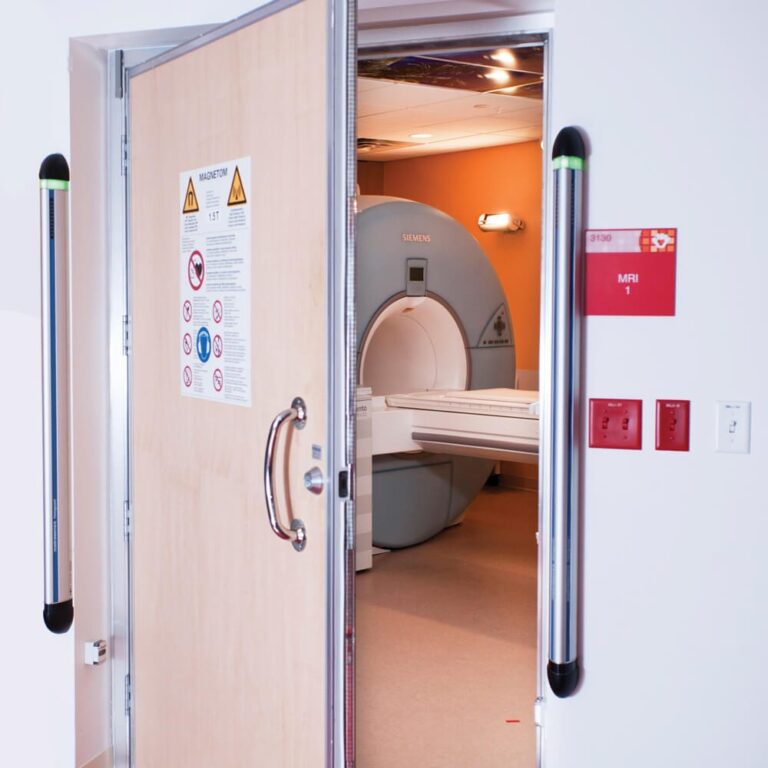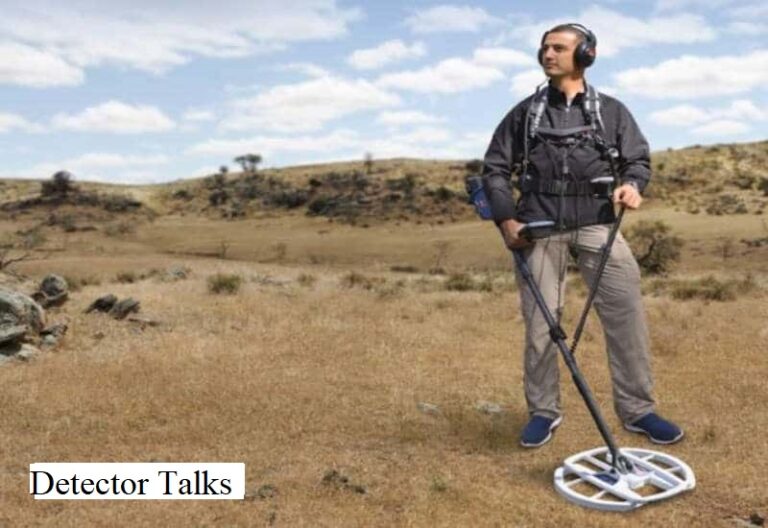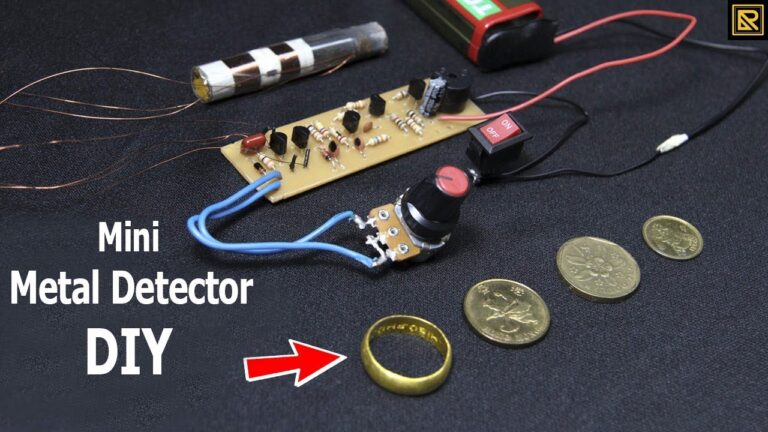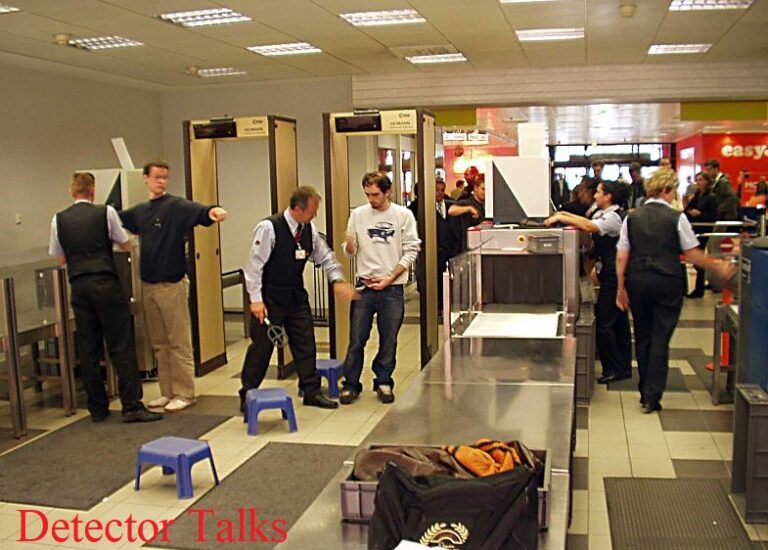Do Metal Detectors Detect Gold And Silver
A metal detector is a device that uses electromagnetic induction to detect the presence of metal. The most common metals detected are iron, nickel, and copper. However, other metals, such as gold and Silver, can also be detected.
Metal detectors are used in various settings, including security screening at airports and other public buildings, treasure hunting, and archaeological excavations.
But Do Metal Detectors Detect Gold And Silver? Most metal detectors can detect both gold and Silver. However, some models better detect one type of metal over the other.
So, if you’re specifically interested in finding gold, it’s worth researching to find a detector designed for this purpose. In general, metal detectors work by sending out electromagnetic waves. These waves interact with the metals in the ground, producing a signal that the detector picks up.
The strength of the signal will depend on the type and size of the metal object. So, when you’re scanning an area with your detector, it will beep or make another noise when it detects something made of gold or Silver. Of course, other things can set off a metal detector besides gold and Silver.
For example, iron objects will also produce a signal. However, experienced users know how to distinguish between different types of signals so they can focus on finding precious metals like gold and Silver.
✅ Top 5 Best Metal Detectors For Gold [Silver & Coins] Limited Edition🏅
Will a Regular Metal Detector Detect Gold
A regular metal detector will not detect gold. Gold is not magnetic, so a standard metal detector cannot detect it. There are special detectors that can find gold, but they are more expensive and not as common.
What Metal Cannot Be Detected by Metal Detectors
There are a few metals that a metal detector cannot detect, including aluminum, lead, and tin. While these metals are not ferrous (magnetic), they can still conduct electricity and set off the detector. Other non-metals, such as plastic or glass, will not trigger the detector because they are not conducive.
Does Gold and Silver Beep in a Metal Detector
Gold and Silver do not beep in a metal detector. However, they will set off the machine if they are close enough to the coils. Gold is a very good conductor of electricity, which is why it is used in many electronic devices.
Silver is also a good conductor but not as good as gold.
Can Metal Detector detect Silver
Yes, Silver can be detected by a metal detector. However, it is not always easy to find because it has a lower conductivity than other metals such as copper and gold. It takes more effort to find Silver with a metal detector.
Additionally, the size of the nugget also affects how easily it can be found. Smaller pieces of Silver are more difficult to detect than larger ones.
Do Metal Detectors Detect Sterling Silver
Sterling silver is a type of metal used in various jewelry and other decorative items. It is also a popular choice for flatware and other tableware. Sterling silver is an alloy of Silver and other metals, usually copper.
The percentage of Silver in sterling silver varies, but it must be at least 92.5% pure Silver to be considered sterling. Metal detectors can detect sterling Silver if the item being scanned contains a significant amount of the metal. However, because sterling Silver is not as dense as other metals, such as gold or platinum, it may be more difficult to detect than these other metals.
Additionally, some metal detectors are not sensitive enough to pick up on smaller objects made of sterling Silver.
Do Metal Detectors Detect Platinum
Platinum is a great option if you’re looking for a precious metal that’s both rare and durable. But can metal detectors find this elusive element? The answer is yes – but it takes a little bit of know-how.
Platinum is often found in alluvial deposits, which means it’s mixed with other materials like gravel and sand. This can make it difficult for metal detectors to pick up on its presence. However, you can do a few things to increase your chances of finding platinum with your detector.
First, adjust the settings on your machine so that it’s more sensitive to small and medium-sized targets. This will help it better pick up on the smaller pieces of platinum mixed in with other materials. Second, use a search coil specifically designed to detect smaller objects.
A smaller coil will help you focus on potential targets more easily. Finally, take your time searching an area – patience is key when looking for this valuable metal!
Can Airport Metal Detectors Detect Gold
Like most people, you probably think airport metal detectors can’t detect gold. After all, gold is a soft metal, and it’s not magnetic. But the fact is, airport metal detectors can detect gold – but only if it’s in a certain form.
Gold foil, for example, is often used in electronics and is very thin. This means that it will appear on an X-ray machine but won’t set off a metal detector. So, if you’re carrying any gold foil when you travel, declutter it before going through security.
Another form of gold that can be detected by airport security is jewelry. However, most jewelry is made of other metals, such as Silver or platinum, which will set off the alarm. If your jewelry is made entirely of gold, then it’s likely that security will be able to see it on the X-ray machine, and they may ask you to remove it before proceeding through the detector.
So, while airport metal detectors can technically detect gold, it’s not something they’re looking for, so don’t expect to be stopped and searched if security sees some shining in your bag!
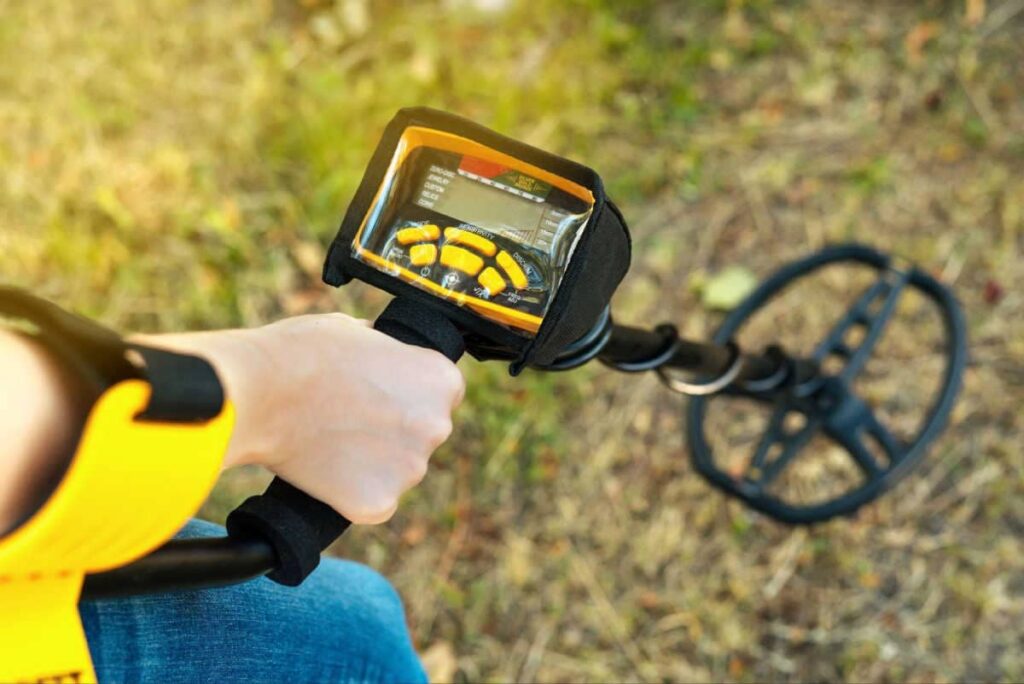
Conclusion
Metal detectors can find all sorts of metals, including gold and Silver. However, it is important to remember that not all metal detectors are created equal. Some detectors are better at finding certain types of metals than others.
Additionally, the size and type of metal will also affect how well a detector can find it.

